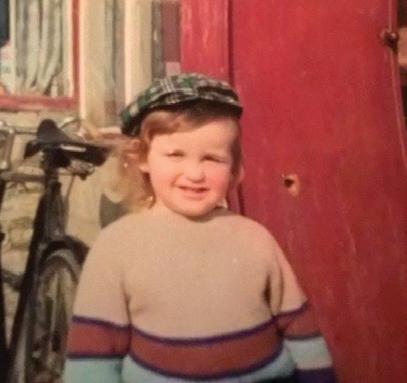
9 minute read
Environment
from Village Tribune 127
Pulling myself away from the window with it’s enticing view, at the end of my last article I’m now back in the present and the first thing I hear is your question 'So, what is shifting baseline syndrome (SBS)?’ Well can you remember what you did yesterday, last week, month or year? Can you remember 5, 10, 20, 30+ years ago?
John Parsonage
Advertisement
THE STRUGGLE FOR ALL SPECIES
Undoubtedly there will be some things you can recall but there are probably many more you forget. This is the same for each successive generation and it’s the things we don’t pay attention to the less obvious things they are easily forgotten. Too many of us, myself included, have most probably paid the world / environment around us not enough attention. Therefore change and development over time has drastically altered the environment to the detriment of many species (and ultimately ourselves!) but this negative impact isn’t seen because each generation can only really remember back to it's youth (not accounting for those who actually care). We don’t remember or know what our grandparents saw or indeed what their grandparents saw and this is fundamentally the concept of SBS. We are only making decisions on what we know / remember not on the concentrated knowledge built up over a period of time. This can lead to flawed judgement and a weakening of standards / acceptance of poor quality or industry practice. So why is this important and how does it relate to our immediate present in our local communities? We are told we are facing a climate crisis and an equally important accelerating process of mass extinction. Some believe it, others don’t. Like a lot of things in life I try to form my decision / opinion based around my own personal experiences. I thought back to my youth, effectively a mere blip in evolutionary timescale and I myself can see the changes on my doorstep. I then think back to what changes my parents, grandparents and previous generations must have seen and experienced and it is genuinely quite concerning. In our local parish there are a couple of grass fields which have always laid wet but especially more so in the winter. One used to have loads of Snipe in the winter (a small well camouflaged wading bird) as did the local drainage ditches especially in a harsh winter. The other used to have a good number of Lapwings on (another wading bird) but it has been many years since I have seen either a Lapwing or Snipe in these fields. When you used to travel from Deeping to Peterbough on the old A15 you could see large flocks of Golden Plover and Lapwing
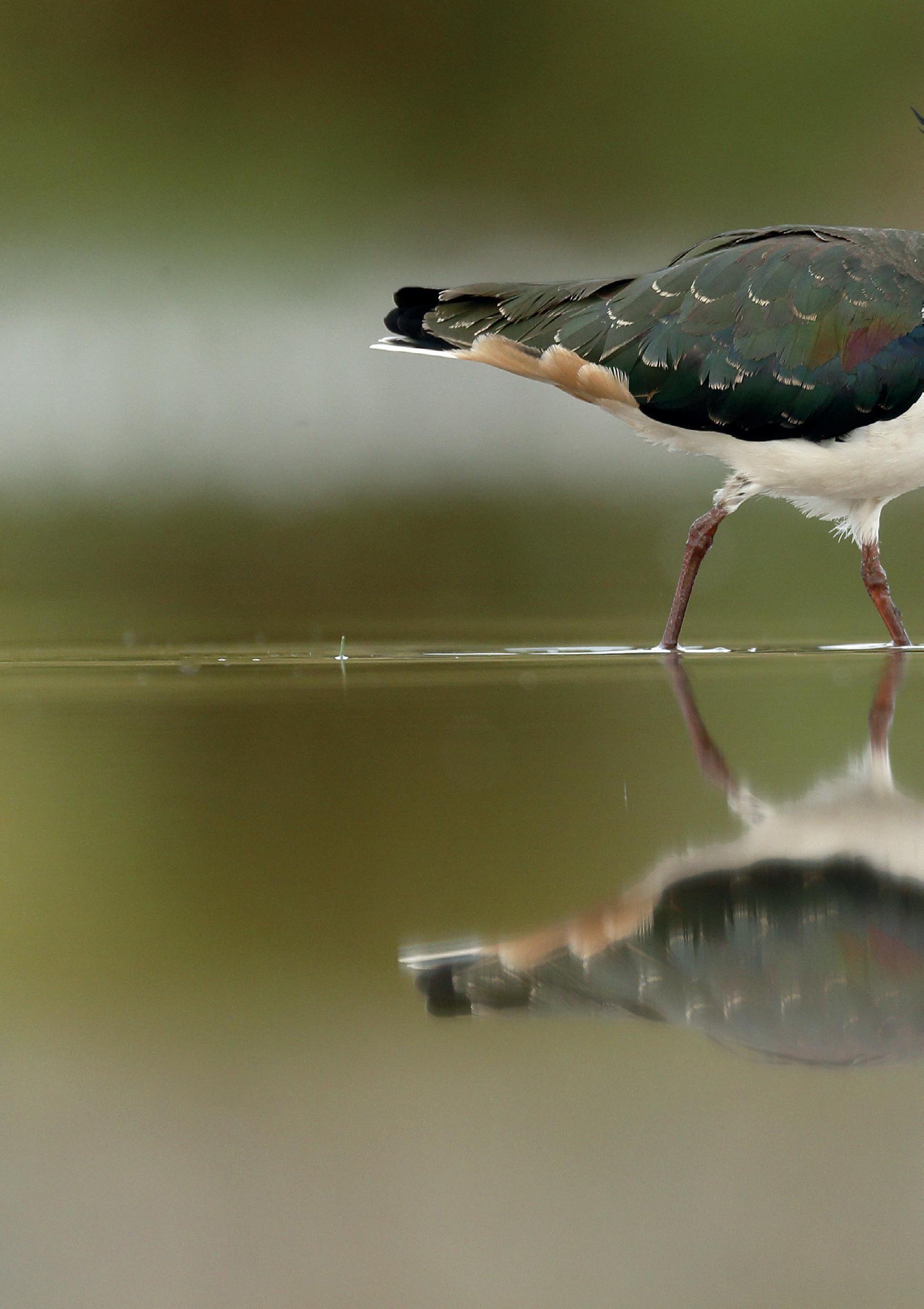
THE STRUGGLE FOR ALL SPECIES
... it is the consequences of our actions which sees many thousands of species across the globe struggle on like we have in the last 12 months
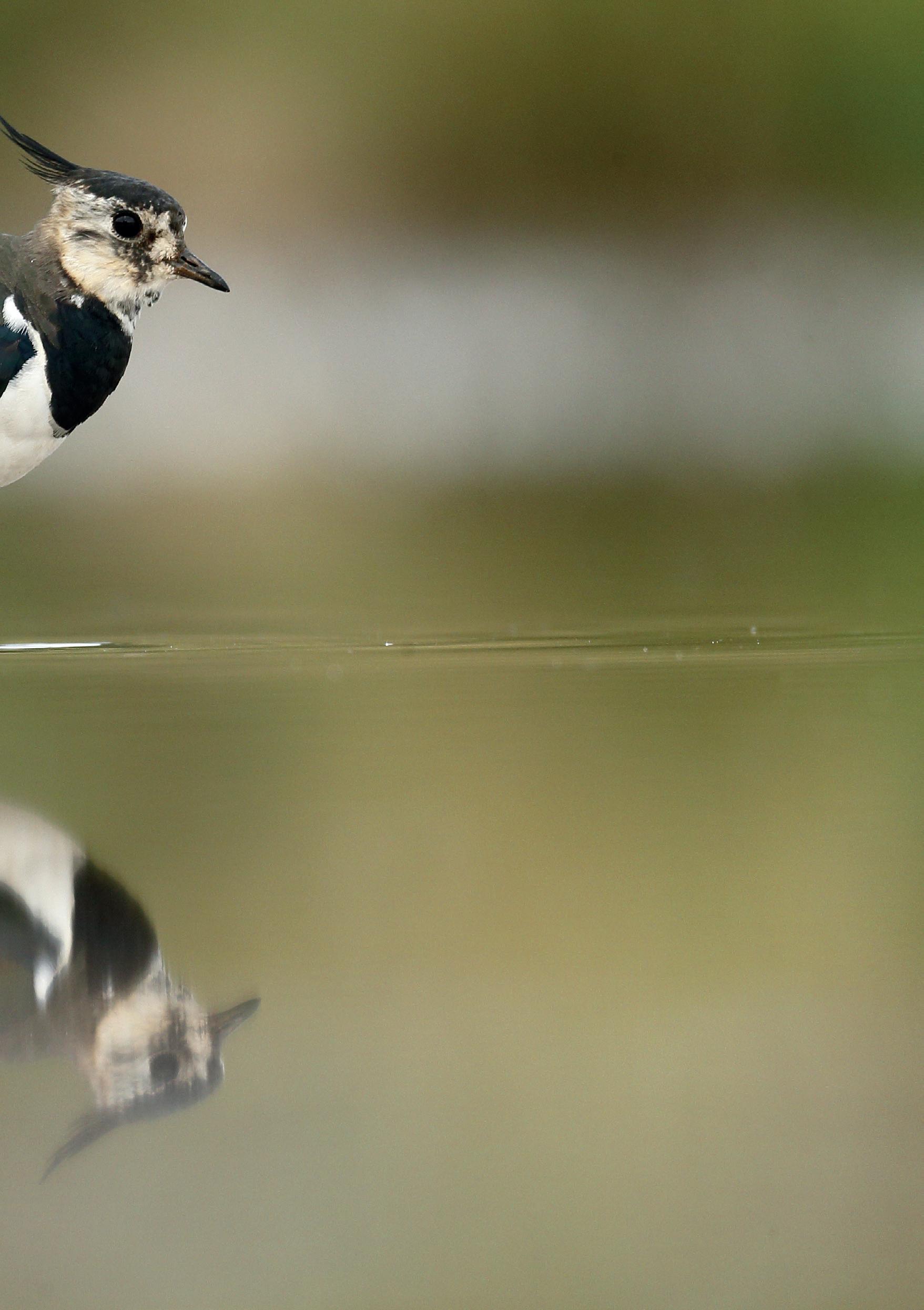
on the fields between Maxey Rd and Glinton (adjacent to the Etton R’d). Now the bypass intersects these fields I again haven’t seen for several years, the flocks I used to as a child. I could also stand on a local footbridge and throw a handful of maggots in the river and in seconds you would see numerous eels hoovering them up yet today this is no longer the case. I can also recall as a teenager biking to school one summer and counting the dead hedgehogs on a particular stretch of road (14 in total) when an adjacent piece of scrubby ground was cleared for housing development. There are still positives with sticklebacks and water voles in their same old haunts but without doubt this in general isn’t the norm. These observed differences / events (+ others) have happened in 30 years, I dread to think of the last 130 years. This is one small snippet of time in one small parish but some of the causes are far greater than the imposed boundaries of the parish and will need large scale action to reverse. Observed changes and local knowledge like this is why acknowledgement to shifting baseline syndrome is so important to our local communities. Hopefully through memories of our own, our grandparents along with written historical records and accounts we can salvage some of these environmentally valuable locations and with collaboration, targeted environmental projects and ongoing management safeguard their future. Even better if we can create new and diverse habitats to accompany them. Couple this with better environmental planning legislation, greener living, a push to better recycling etc then hopefully we can reverse some of the damage which has been done or at the very least off set any future development. Let’s for one moment think of ourselves as just another species on this planet and let us consider how the events of 2020 have seen us all struggle. Then let us consider the fact that it is the consequences of our actions which sees many thousands of species across the globe struggle on a year in / year out basis like we ourselves have struggled the last 12 months….

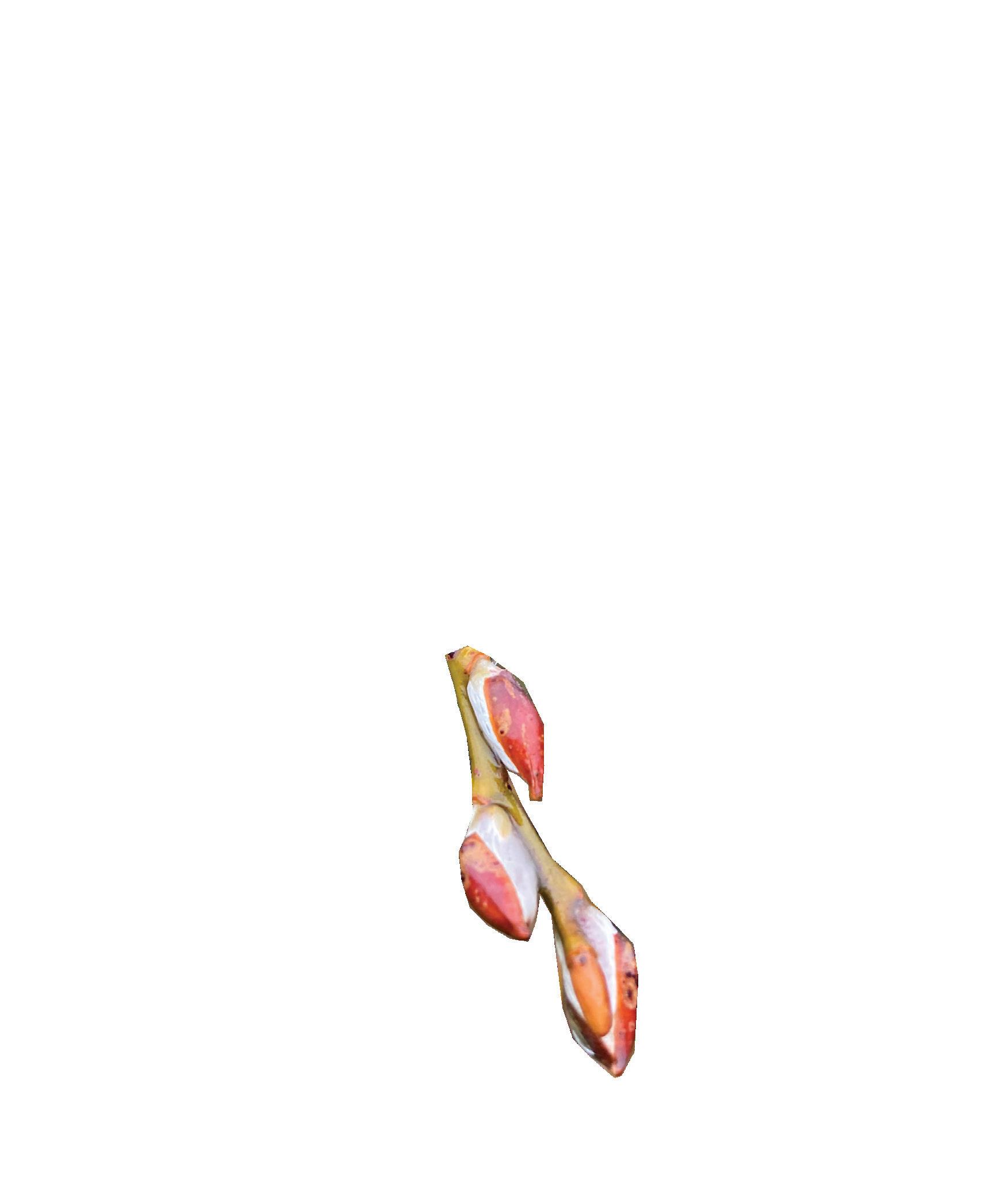
The Amblers in Tribland by Anne Lees
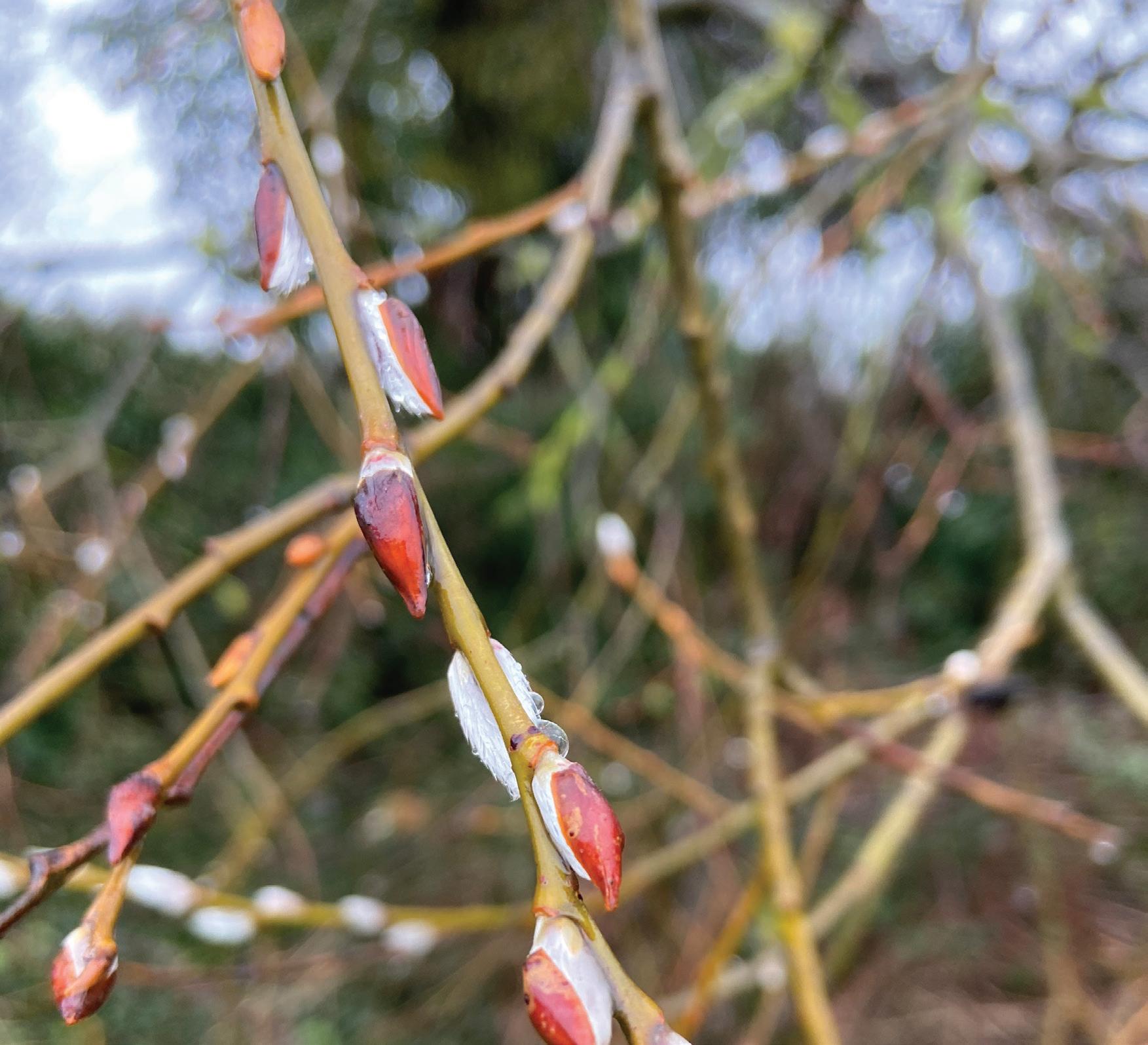
Spring is in the air and the Amblers are looking forward to noticing the signs of regeneration in Trib’land – like meeting up with old friends, we anticipate the joy of seeing them again
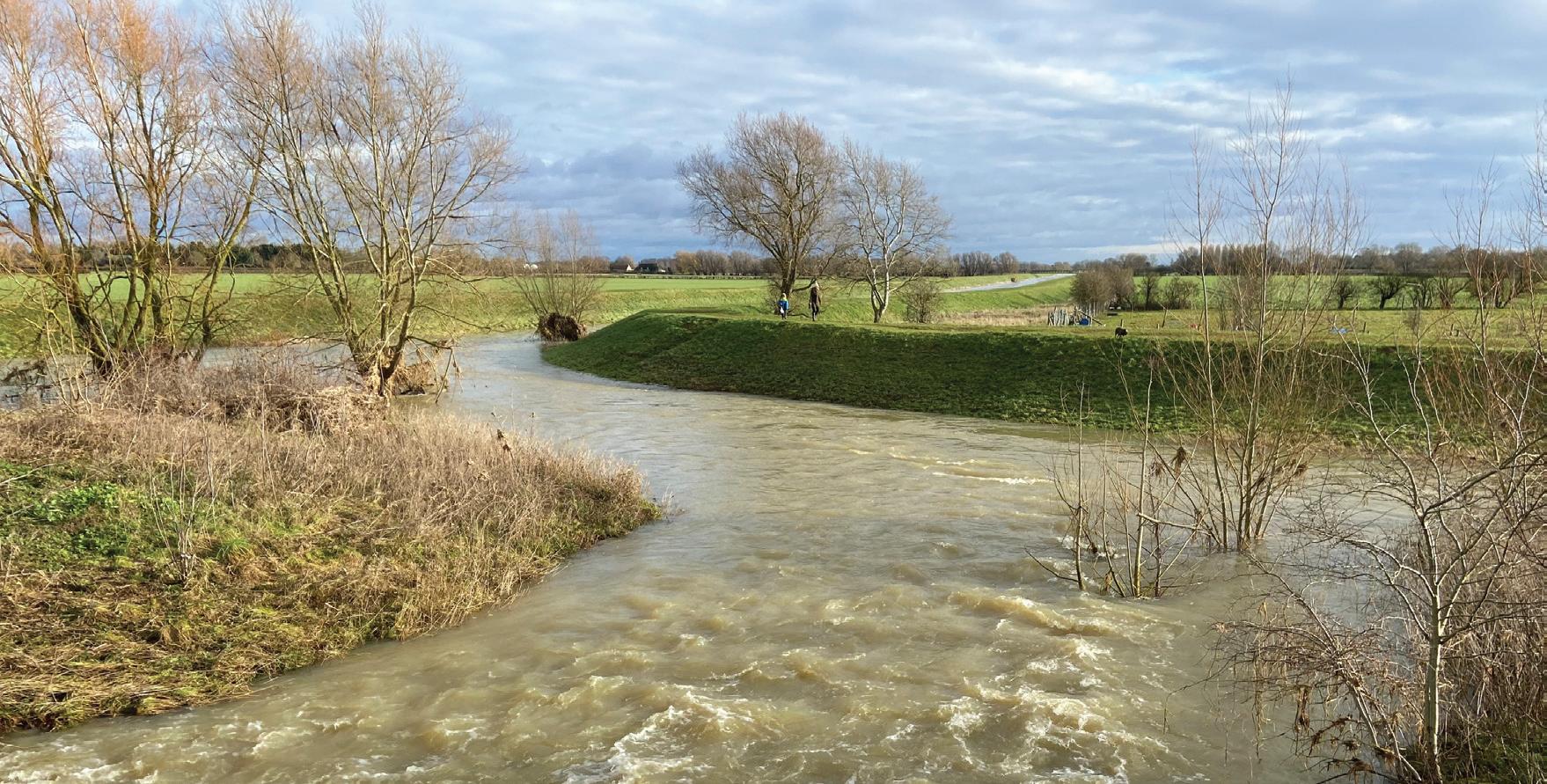
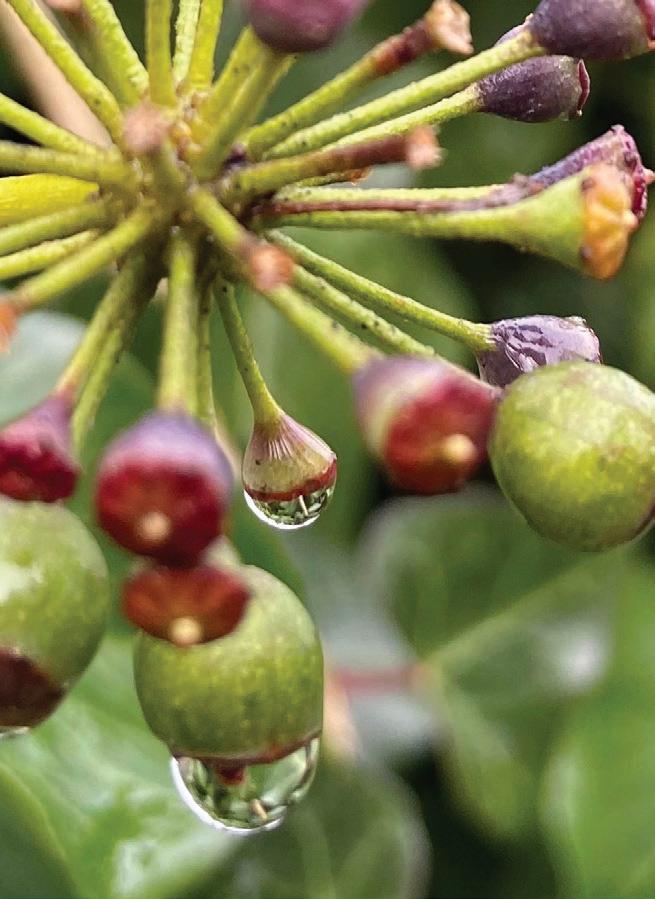
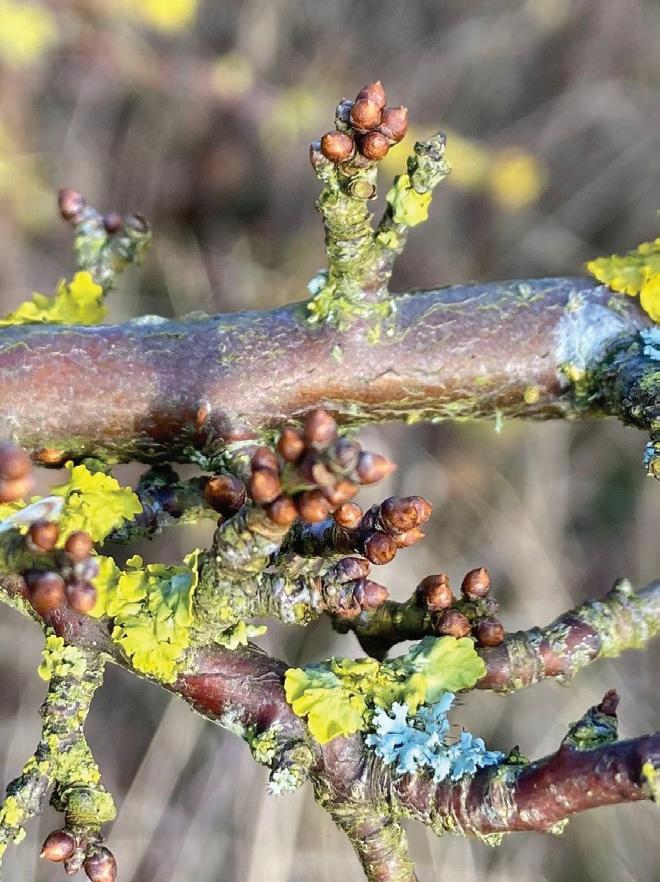
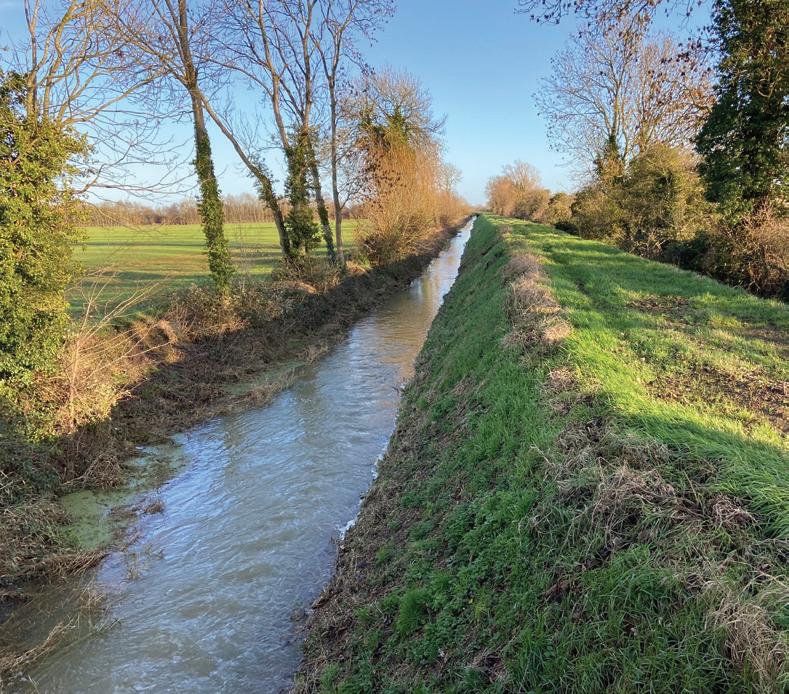
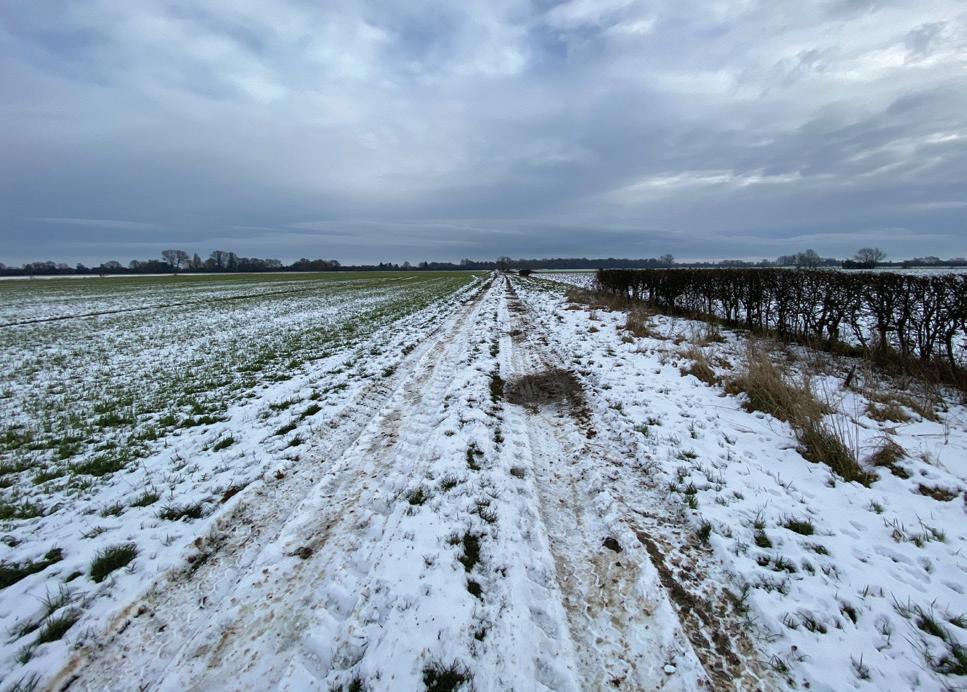
Under ‘normal’ circumstances, the Amblers would have been celebrating our second anniversary around now but, in the absence of meeting up in person, walking in nature is our connection.
Spring is the season for mating and nesting, for flowering and growth. The birdsong increases as seeking a mate becomes imperative, and there is great satisfaction to be found in discovering a sheltered spot amongst trees to wallow in the glorious, musical sounds (by the way, if you are not able to experience ‘the real thing’, The Lark Ascending, composed by Ralph Vaughan Williams, is wonderfully uplifting and relaxing when you need to unwind). It is not only the countryside which is revitalized, however: the health benefits we derive from walking are such that it can now be prescribed by GPs to treat a variety of physical, as well as mental, health issues. Rather than relying on medication – which can have its own negative effects – medical experts are advising us to reconnect with Nature. It does not take long before walking becomes a necessity, rather than a choice, as we begin to value our regular ‘fix’ of fresh air and freedom, and actively seek opportunities to escape there. Being out in the elements, with the wide skies - ever-present in the Fens - we experience a lifting of the spirits as we relish the lack of confinement. We are reminded that there is life outside of our four walls and we have a new focus for our attention, away from the anxieties of current affairs, work pressure, the insistence of technology or family demands. Noticing colours in the hedgerows; the changes in the sky brought about by weather conditions; the sudden movements of birds (or, if we are lucky, otters, deer, hares and foxes); hearing a distinct, different call or sound (maybe a woodpecker’s tapping, a Red Kite ‘mewing’, or a watery splash); taking pleasure in the gentle trilling of a stream, or the angry turmoil of flood water being forced under a bridge - all become transfixing details and bring a sense of joy, like a late afternoon walk that rewards us with a stunning sunset. Walking in the countryside allows us the freedom to let our minds rest and wander, along with our feet. There is nothing demanding our attention, we can switch off and just allow our bodies to breathe and take
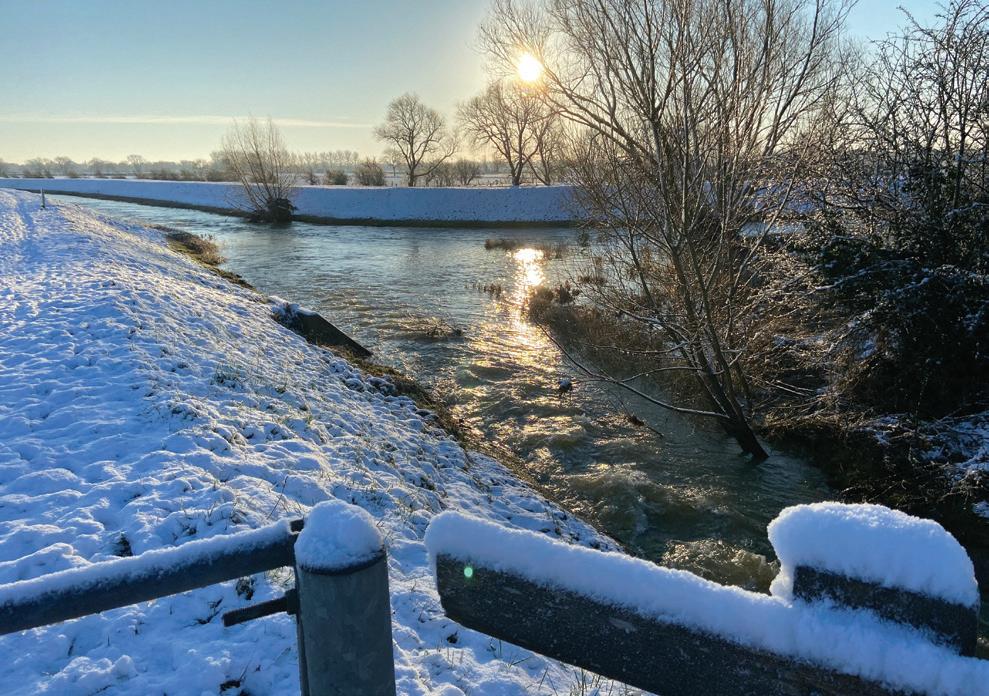
steps. Before long, we achieve a steady rhythm, physical pains lessen, and the mind clears. The body becomes infused with warmth, muscles relax, and we are free to really notice our surroundings. In January, I got up early to walk in the newly fallen snow at sunrise. It was a magical experience that I carried with me for the rest of the day (and inspired a poem: see ‘Winter Snowfall’, elsewhere in this issue). On another occasion, during the winter floods, I found myself chuckling as I watched a male Mallard trying to navigate a strong river current – having struggled valiantly to make headway he apparently gave up, let the flow take him back to his mate and at the last second, executed a perfect ‘handbrake turn’ to end up beside her, giving the impression that that was his intention all along. (Maybe it was - I have no idea whether ducks have a sense of fun!) So, what sights will be inspiring us in March and April? We have already spotted daffodils, aconites and snowdrops, and leaf buds on trees. Soon, the warmth from the lengthening days will encourage blossom, nesting, frogspawn, bees, butterflies and insects, ducklings, violets, forsythia, the return of winter migrant birds, speedwell, nettles, and bluebell woods in bloom, to mention just a few. Plus, of course, the cuckoo! To borrow a quote from author and nature-lover, Andy Beer, ‘It feels as though Spring is rushing to delight. Each day there is something new to note and something not to miss’. Enjoy!
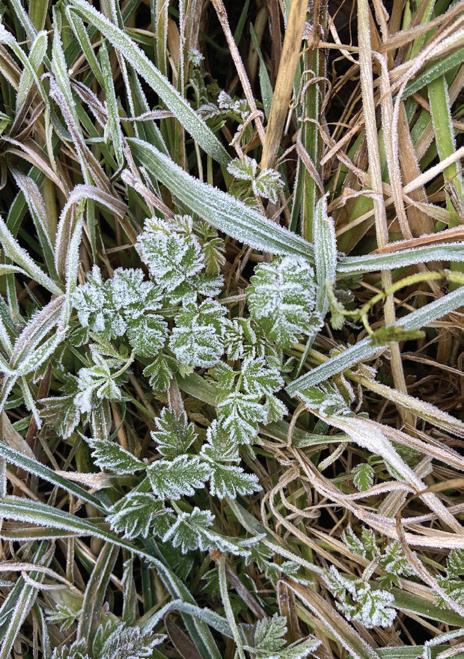

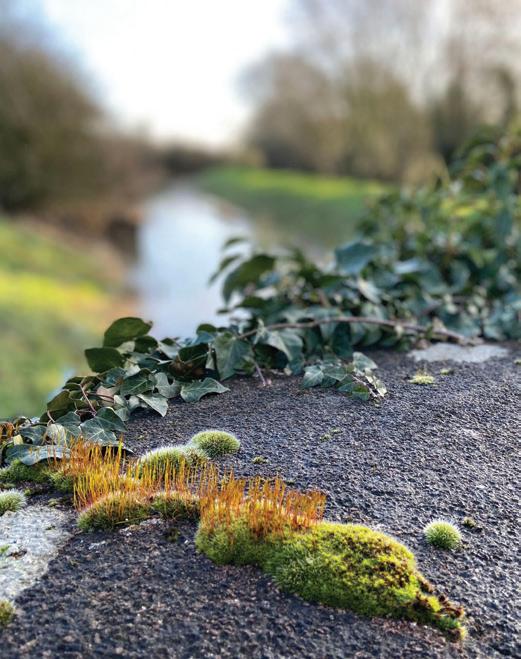
Winter Snowfall
Bathed in awestruck silence, The Earth holds its breath. Wispy feathers float gently down, Elegant and pure, Taking their time, Heedless of where they will land.
Soft, soft, the feathers fall. The filling for a fluffy quilt Settles o’er the earth, Dulling sounds, Calling a halt.
The world is clean and new, Not seen like this Before now, Before me. The view is totally unique, Wiped clean of familiar features. The countryside Insulated beneath a fluffy blanket. Stray movements loosen The quilt’s soft folds And let in the cold, draughty air, As it shifts and resettles. Sharp thorns, Smooth pebbles, Soft grass, All become one In the freshly laundered, Crisp, white uniform Of a winter landscape.
As the sun rises on another new day, I follow in forebears’ footsteps, In solitude, In peace, Save for the crunching underfoot Of the cold, winter snow.
Anne Lees

